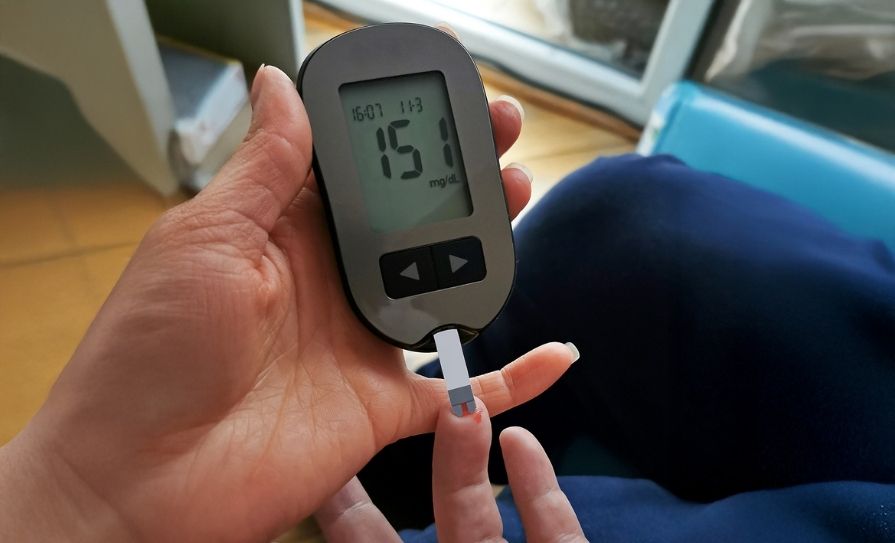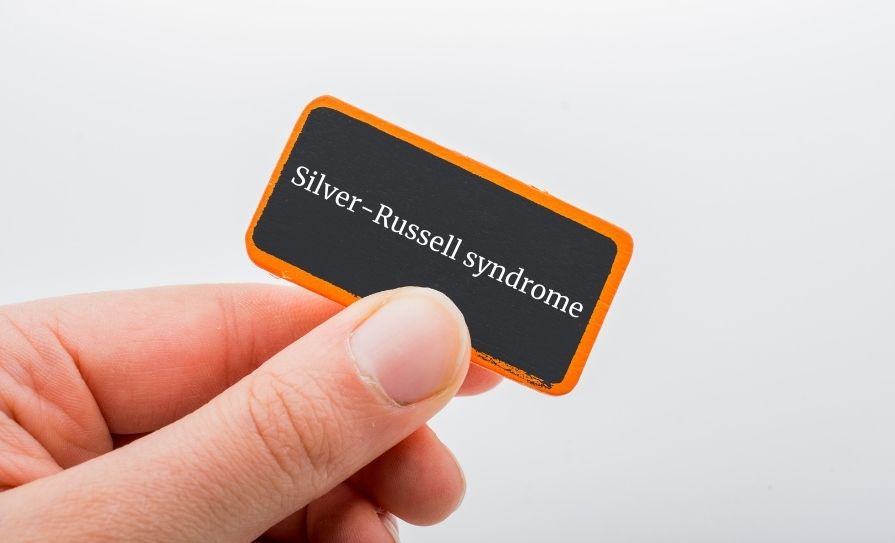The burgeoning subspeciality of emergency ophthalmology was the focus of a dedicated session during the 2019 ICO Annual Conference.
As trauma, inflammation or tumours can seriously compromise the function of the eye and cause severe impairment of vision, most have to be treated as a matter of urgency and hence there are no waiting lists for orbital or eyelid emergencies, the session on ophthalmic trauma heard.

Ms Rizwana Khan, Consultant Ophthalmic Surgeon and Consultant in-charge at the Emergency Department in the RVEEH, Dublin, gave an overview of orbital and oculoplastic emergencies presenting at the hospital. She highlighted the need for early treatment and the importance of anatomical accuracy in surgical repair, advising suturing eyelids carefully layer-by-layer, showing a number of examples of excellent outcomes in patients who presented with eyelid tears and trauma.
The session also heard from Ms Seema Verma, President of the British Emergency Eye Care Association (BEECA) and Consultant Ophthalmic Surgeon, Guys and St Thomas’ Hospital, London.
Ms Verma delivered an interesting and entertaining talk on her experiences of the development of emergency ophthalmology as a subspecialty. Prior to 2016, emergency ophthalmology was not a recognised subspecialty within ophthalmology in the UK.
Ms Verma was the first ophthalmologist in the UK to be appointed a consultant to lead an ophthalmic emergency department. She described how acute ophthalmology was seen as an unattractive, frantic and repetitive area for trainee ophthalmologists to work in, which they were keen to leave as soon as possible once their training allocation finished, despite the importance of this service for patients. However, in her own hospital Ms Verma reorganised services and treatment pathways, trained-up nurses who now do 30 per cent of the workload, and recently set up a minor eye injuries clinic in her hospital to help reduce unnecessary pressure on the emergency department from conditions like minor blepharitis.
Ms Verma spoke passionately about the benefits of emergency/acute ophthalmology and she champions it as a subspecialty by teaching and organising courses nationally in the UK and internationally.












Leave a Reply
You must be logged in to post a comment.